Hello! Click on one of our members below to chat on Whatsapp
Waqrapucara is a unique fortress perched at the top of the hills of Acomayo, Cusco Peru. At first its pretty difficult to distinguish from the rest of mountainous landscape. But as you get closer, its two prominent horns start to stick out and reveal an archeological gem. It was strategically and intricately carved into the mountain top. Arriving at the summit at 4 140m/13 583ft, enjoy expansive views of the stunning mountains of southeastern Peru.
The site been called by more than one name through the years. Currently, the accepted name is Waqrapucara, which is a word that´s derived from the Quechua language. Waqra = horns and pucara=fortress, meaning Fortress of the horns. Now, another word that was possibly used in the past was Llamapukara. This name kind of makes a lot of sense, if you view the horns as the ears of a llama. Also, culturally the llama has always played a significant role in the indigenous cultures of Peru, being one of the first animals to be domesticated in the region.
Waqrapukara is an impressive fortress perched atop a rugged mountain plateau in the remote countryside of the Cusco region in southern Peru. It was built by the Chanchi people, which is a civilization that preceded the Incas. It completely camouflages into the the mountain and you can only see the castle within as you get closer to the archeological complex. The Chanchi designed an impenetrable site with only one entrance door. It was later used as refuge to resist the encroaching Inca army, who were in the process of growing their empire. After the Incas took over, they improved the site and created terraces and the irrigation fountains they are so well known for. Once at the site you can admire the immaculate stone work and the seamless way in which the building blends and merges with the mountain.
Along with the main fortress complex, the site is also home to a series of eight Inca agricultural terraces with retaining walls. Waqrapukara is just as majestic as the more famous sites of Southern Peru. Its still shrouded in mystique due to its isolated location and a lack of formal research at the site thus far. As archaeologist Miguel Cornejo recently told La República (one of Peru’s highest circulation newspapers): “Waqrapukara is an Inca sanctuary of the first order that denotes immense political and religious power, as-yet undeciphered.” A visit to this magical place would be an absolutely unforgettable way to spend a day or two on your trip to Cusco.
Waqrapukara Archaeological Park can be reached any time of the year; however, keep in mind that Peru has two very distinctive seasons, dry and rainy. In general, dry season is from May to October, while rainy season is from November until April. During the dry season, there is less rain, but the nights are much colder than the rainy season. With the rainy season comes the vivid green coloring, but also muddy trails and higher possibilities of mudslides. At the summit the highest temperatures reached have been around 19°C /66.2°F and an extremely harsh night could go as low as -6°C/21°F.
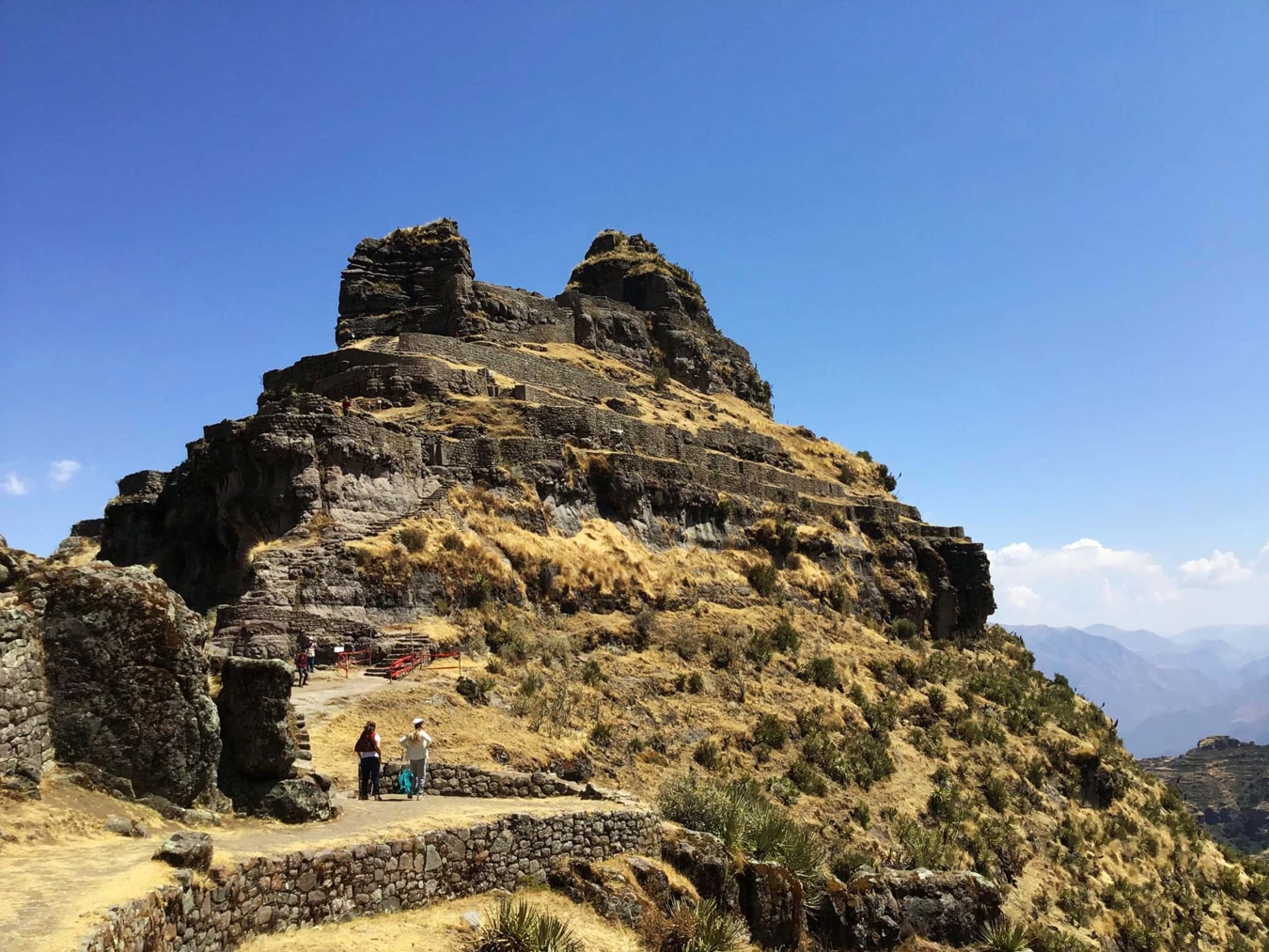
The hike is considered moderate to difficult. Waqrapukara is nestled in the beautiful rocky cliffs and sits at 13,583 feet (4,140 m). To put it into perspective, it´s almost double the altitude of Machu Picchu (7,972 feet / 2,430 m). The most popular route starts from the village of Sangarará sitting at 3 769m/ 12 366ft. The tallest mountain pass along the way is 14,925 ft. Your climb will take you to the stratospheric heights of Waqrapukara 13,583 feet (4,140 m). It´s imperative that you acclimatize properly before embarking on this trail. We recommend spending 2 or 3 days in Cusco or Sacred Valley. For more information on how to deal with altitude sickness click on the following link. Altitude sickness.
Carry coca tea and coca leaves to help alleviate altitude sickness. It’s also a common practice to leave “offerings” of coca leaves to the mountains, for safe passage and gratitude
Hiking shoes or at least a pair of chunky soles.
Orange Nation offers this tour on request. We can customize it to accommodate your travel schedule. Contact us by WhatsApp or email and we will be glad to be of assistance.
Email: info@orange-nation.com
Whatsaap number: +51 992 126 224

Comfortable lodging near the ruins of Ollantaytambo, in the Sacred Valley of the Incas
Learn More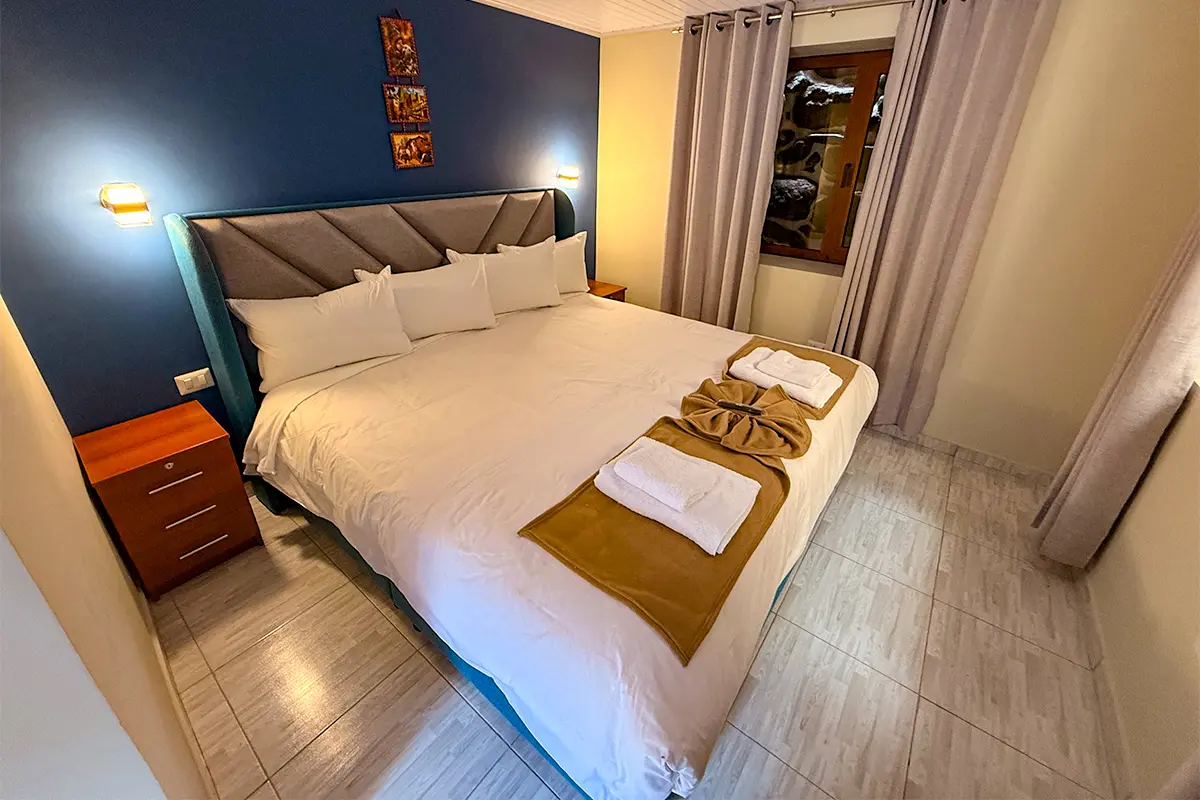
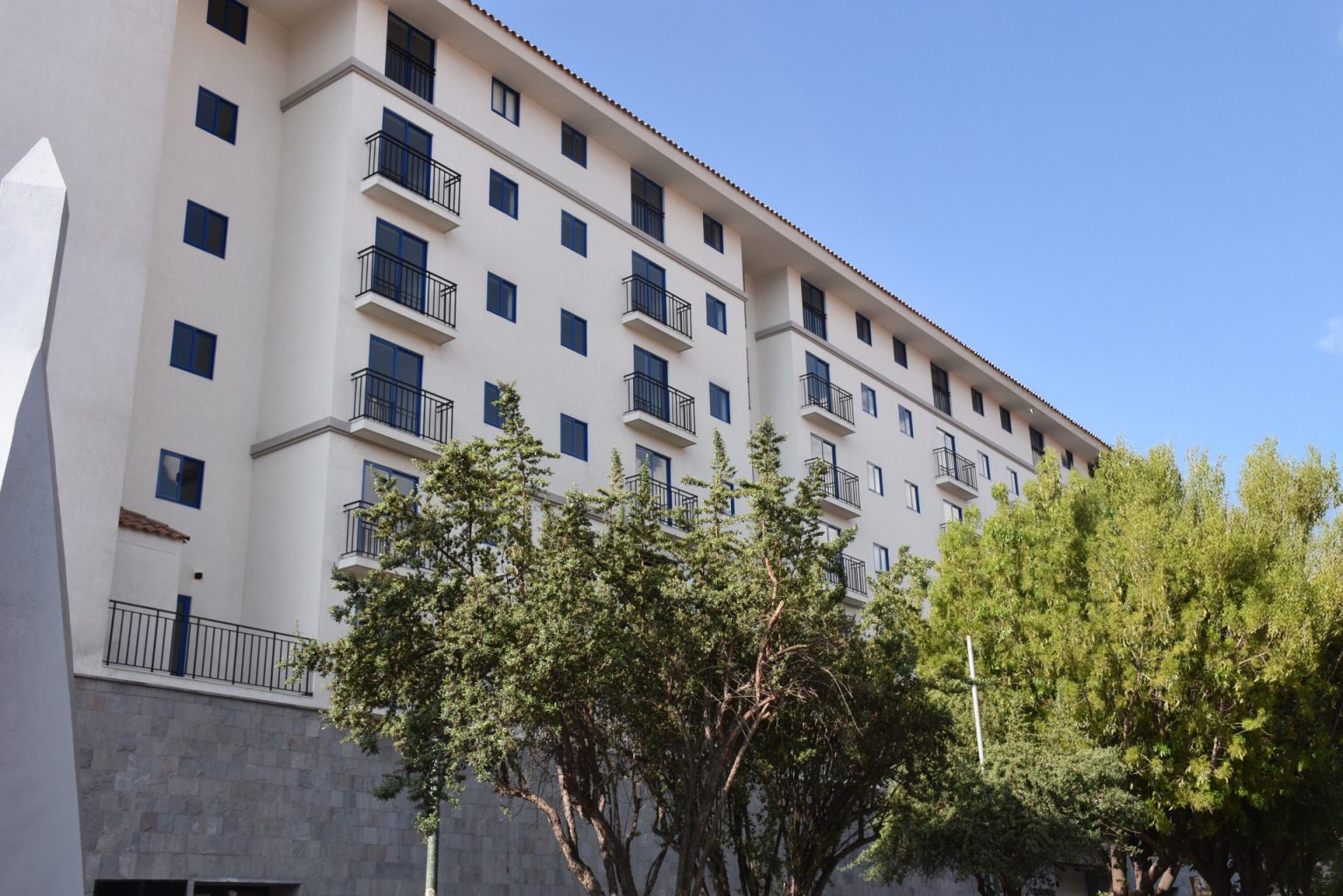
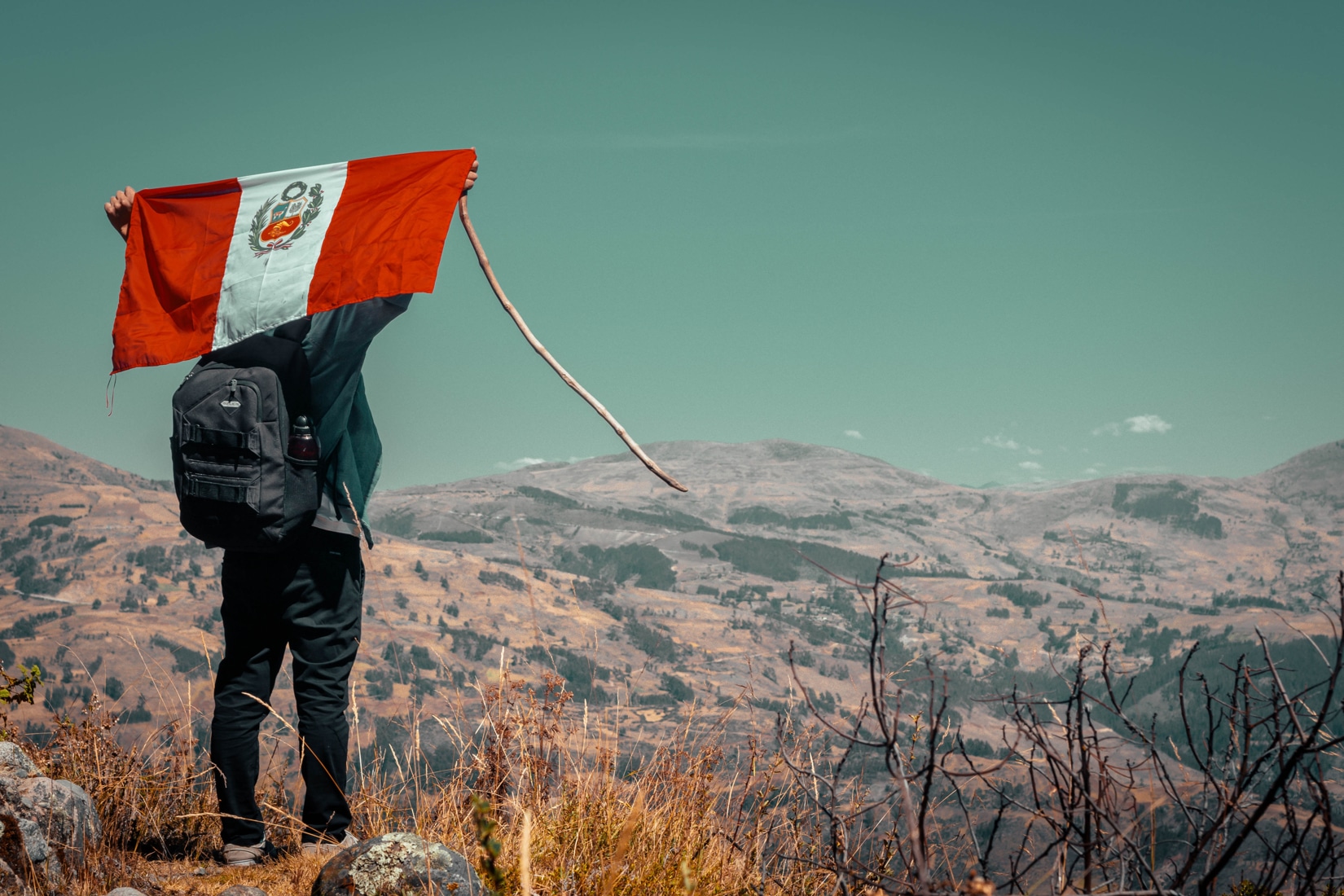
Travelling with children or teens in Peru is a different experience than travelling solo or as a couple; extra planning is required. This article will give you what you need to know to organize an unforgettable family trip to Peru. Peru is an excellent destination for children of all ages, all guaranteed to have a […]
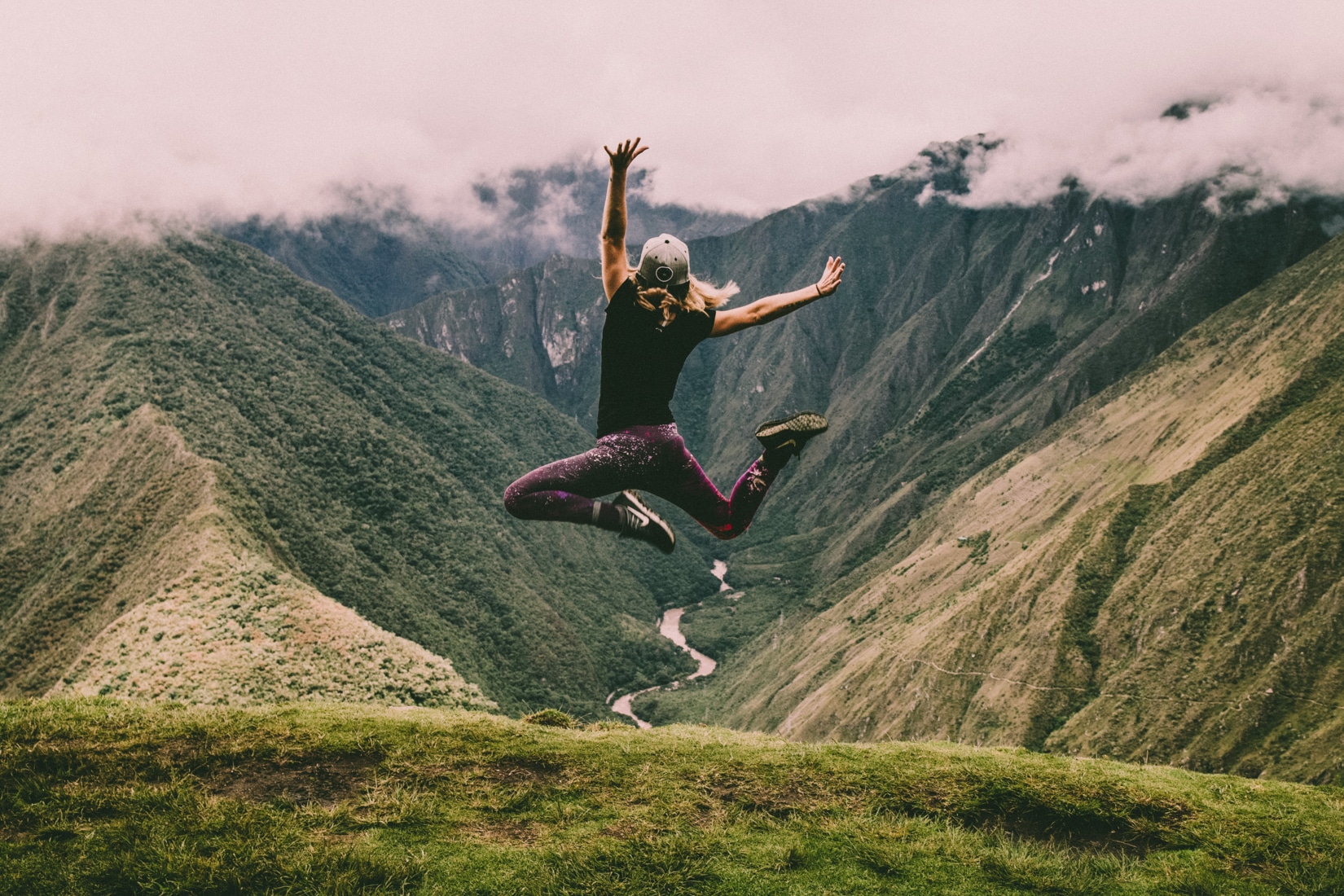
The Inca Jungle Trek to Machu Picchu is the perfect adventure trek for the thrill seekers among you. Start your adventure with downhill mountain biking, which leads to a lookout point with breath taking views of the Andean landscape. After, enjoy an exhilarating experience white water rafting down the Urubamba river. If that wasnt enough, […]
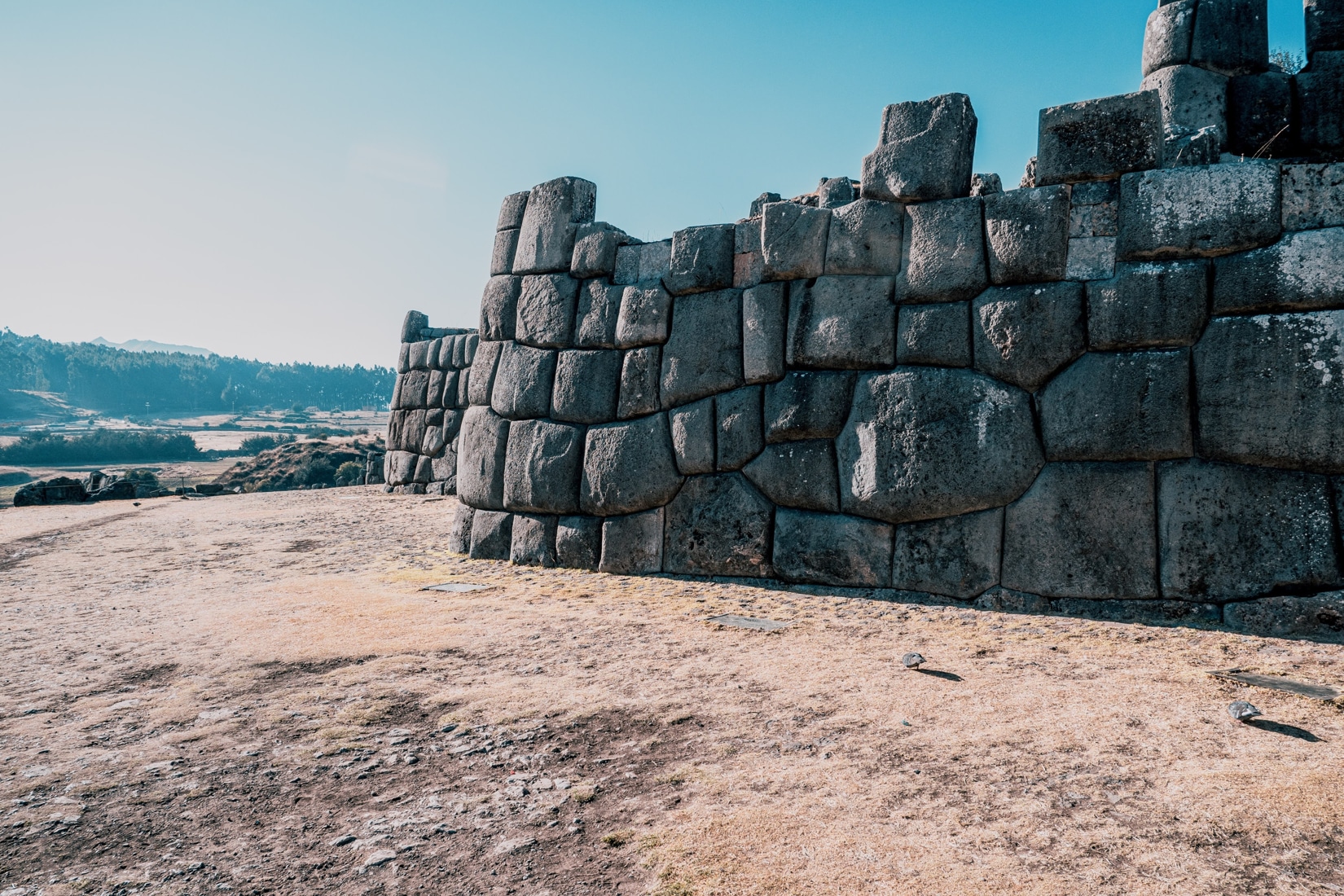
Sacsayhuamán is one of the most imposing and mysterious structures in the world. It contains 3 layers of zigzag walls made from megalithic stone. Just above Cusco you will find the enigmatic structure of Sacsayhuaman. Historians and archeologists believe that it was constructed around the 15th century during the reign of the most successful Inca […]
Discover why thousands of people around the world trust us to explore the best of Peru.
Couples
Trip to Rainbow mountain. First to the mountain thanks to Yair’s expert driving and special thanks to Cristian for being my guide. Highly recommend!
Written July 2, 2025
Family
We had an incredible experience hiking the Inca Trail with Ray as our guide. Ray was amazing. He was super knowledgeable about the history of the Incas, and he brought that history to life. We visited three larger sites, and several smaller ones that we arrived at by foot deep in the Peruvian jungle. Ray's was an incredible, passionate, and experienced guide, and also just a great person we are lucky to have met. I also have to mention Moses, our porter who made an amazing lunch and hiked it up to our resting spot 2000 ft above the Urambamba River to Wiñaywayna.
Written July 4, 2025
Family
Did the short inca trail through sam travel and it was an unforgettable experience. Hiking from the train to the Sun Gate with its beutiful views of macchu piccu was incredible. Our guide, Ray, was extremely knowledgeable, passionate, and always positive. At every location and along the way he had fascinating information to share and no question went unanswered.
Written July 4, 2025
Family
We had a great experience with our guide Cristian during our visit to the Sacred Valley and Machu Picchu. He shared clear and detailed explanations, with a fascinating historical narrative that helped us truly connect with the places we explored. I learned so much thanks to him. The atmosphere was also really positive and friendly throughout the tour. Highly recommended!
Written June 26, 2025